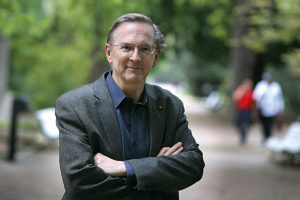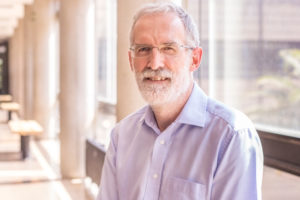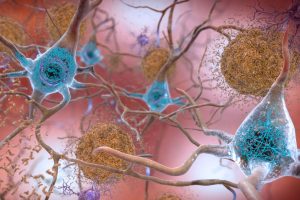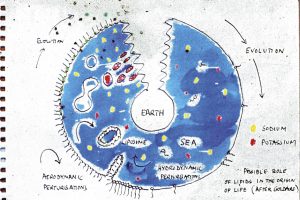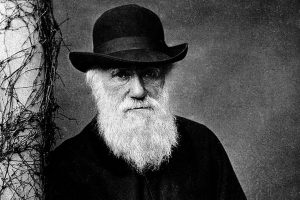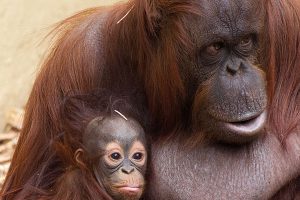Search
Interview with Jack Szostak, Nobel Prize in Physiology or Medicine in 2009, along with the molecular biology experts Elizabeth Blackburn and Carol Greider.
Professor of the Department of Animal and Plant Science of the University of Sheffield.
The specializations in human brain anatomy that are responsible for our unique behavioral and cognitive traits evolved over a very short period of evolutionary time.
Evo-devo biology involves cross-species comparisons of entire developmental trajectories, not just of adult forms. This approach has proven very successful in general morphology, but its application to neurobiological problems is still relatively new.
The question of the origin of life cannot be explained by appealing exclusively to Darwinian evolutionary mechanisms, as many experts tend to assume, but requires a profound change in perspective.
The cenancestor is defined as the last common ancestor of every currently living being. Its nature has been inferred from the identification of homologous genes between archaea, bacteria, and eukaryotic lineages. These inferences indicate that the cenancestor had a relatively modern protein translation system, similar in complexity to that of a current cell. However, the key enzymes for the replication of genetic material and for cell membrane biosynthesis are not homologous in bacteria, archaea, and eukaryotes. Here, we briefly review the history of the concept of the last universal common ancestor and the different hypotheses proposed for its biology.
On 12 February 1809, English naturalist Charles Darwin was born. He would go into history as the father of the theory of evolution. His works, nonetheless, go farther than On the Origin of Species. We offer a selection of texts published by Mètode.
L’envelliment és una disminució de l’eficiència de les nostres funcions fisiològiques que, en cas de no morir abans per causes externes, conduirà finalment a la mort.
Becoming informed about the relevant scientific findings can help us make the most plausible interpretation of what philosophers have said, for example, ruling out literal readings.
The last two decades have witnessed the widespread use of genetic testing in courtrooms, to identify criminals from biological remains, determine paternity or identify corpses. Less is known, however, about expert reports based on the use of molecular phylogenies. Such reports are founded on studies

